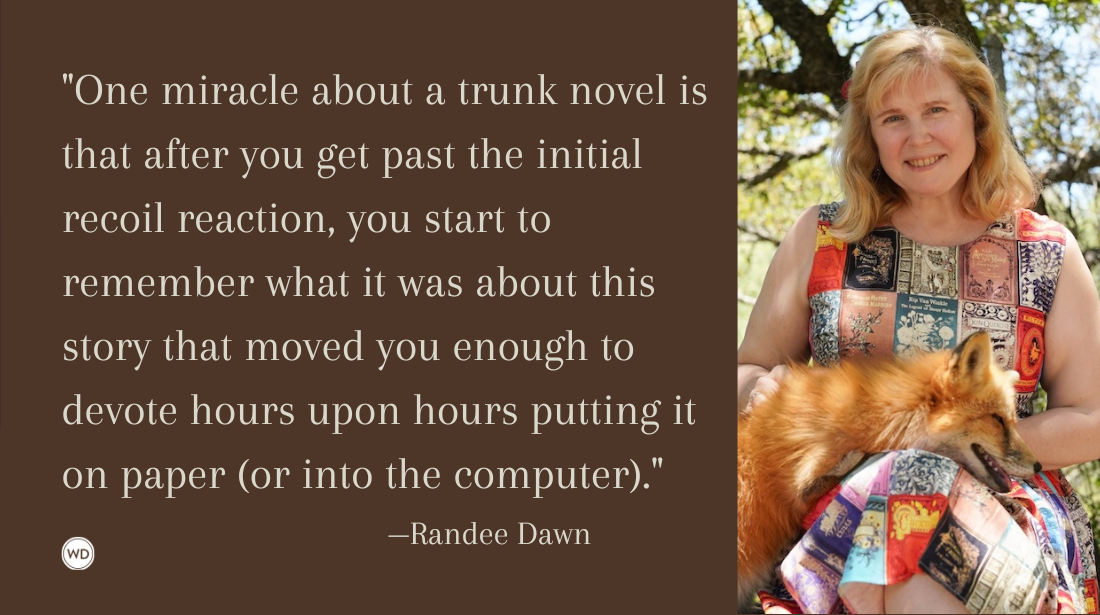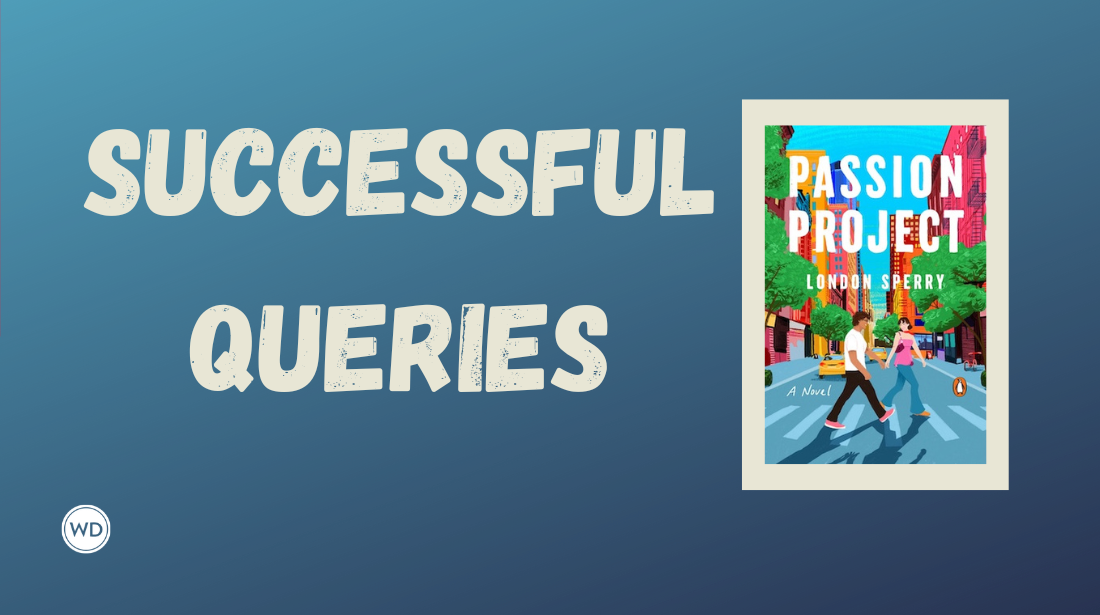What Are Submission Guidelines in Writing?
In this post, we answer the question of what are submission guidelines in writing, and we look at how writers can take advantage of them to find more success getting published.
Whether writers are trying to get the attention of agents, editors, or even enter competitions, they are given the same advice: Read the submission guidelines. In fact, failure to follow these guidelines can lead to a quick rejection without even a glance at your idea or manuscript.
So, what are submission guidelines in writing? And how can writers take advantage of them to find more publishing success? Let's look at the answers to these questions and more.
What Are Submission Guidelines in Writing?
Quite simply, submission guidelines are the rules and tips provided by an agent, publisher, contest, or other group to writers about how to send in their pitches and/or manuscripts. In other words, submission guidelines are directions for submitting your writing.
Some submission guidelines get very detailed and may have rigid rules. Failure to follow them, for some entities, may lead to an automatic rejection, whether the writer penned the next great thing or not. As such, it behooves writers to read and follow the guidelines as closely as possible.
For instance, here are the submission guidelines for Writer's Digest magazine and WritersDigest.com. We usually updates these guidelines every year or so, though we can also make small tweaks even more regularly.
How Can Writers Use Submission Guidelines to Find Publishing Success?
Smart writers can use submission guidelines to improve their chances of publishing success in a variety of ways. As you can see in our guidelines, a good set of submission guidelines include what to submit, how to submit it, audience information, payment and terms information, and more. Plus, a good set of guidelines shares what not to do.
My experience as an editor is that writers who follow the submission guidelines elevate themselves into the top half of submitters...just by following simple directions. Then, more advanced freelancers will read our guidelines closely to pinpoint which topics we really care about. And they'll use this knowledge as they look at our content mix to see where we already have good coverage and where we might have holes.
So if you're interested in submitting your writing and/or pitching your ideas to any agent, editor, contest, or other publishing entity, take a moment to find their submission guidelines and use them to find more success with your publishing goals.
Robert Lee Brewer is Senior Editor of Writer's Digest, which includes managing the content on WritersDigest.com and programming virtual conferences. He's the author of 40 Plot Twist Prompts for Writers: Writing Ideas for Bending Stories in New Directions, The Complete Guide of Poetic Forms: 100+ Poetic Form Definitions and Examples for Poets, Poem-a-Day: 365 Poetry Writing Prompts for a Year of Poeming, and more. Also, he's the editor of Writer's Market, Poet's Market, and Guide to Literary Agents. Follow him on Twitter @robertleebrewer.








